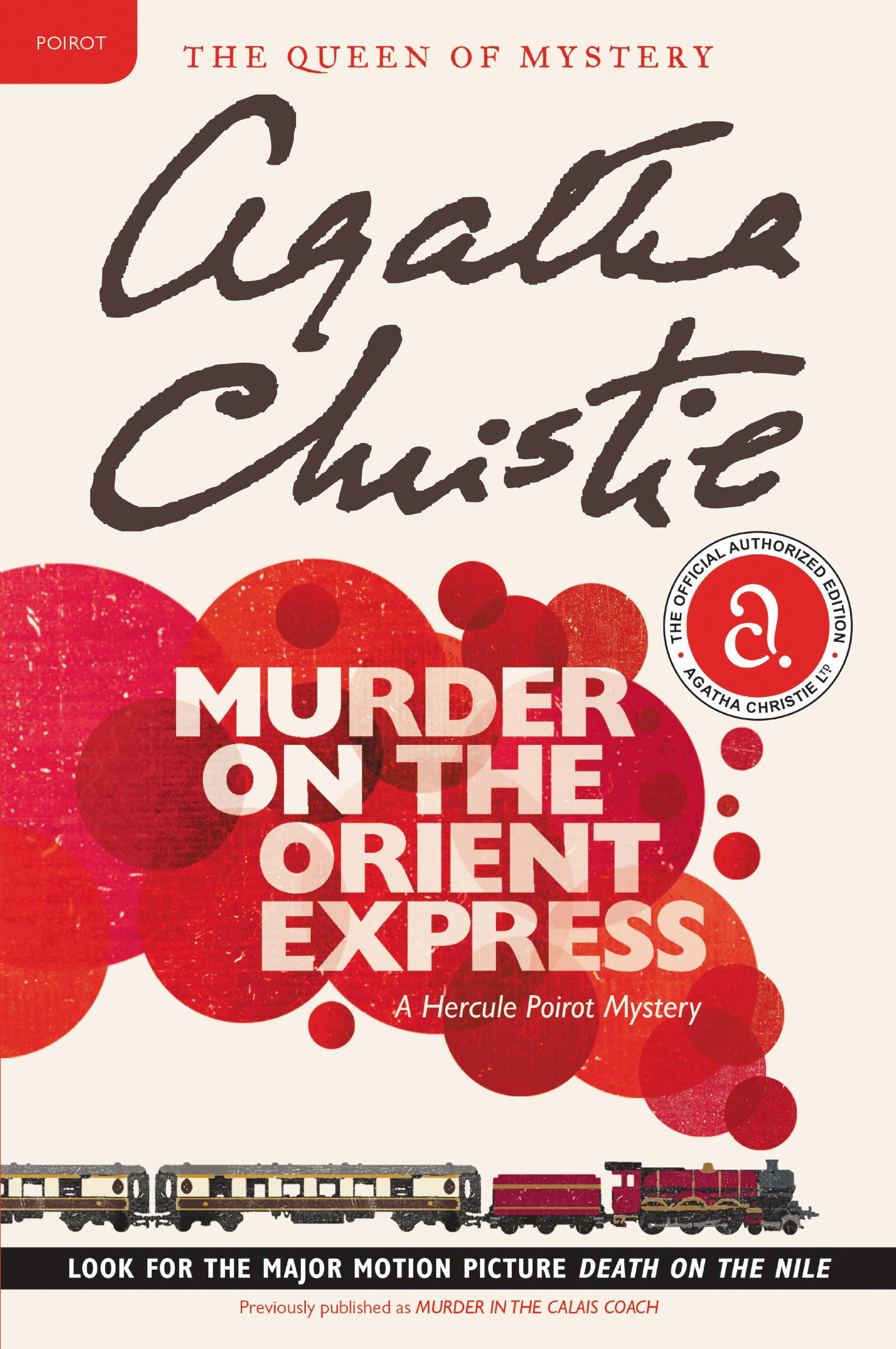[Reading]Murder on the Orient Express
The other day, I felt very lucky to finish my first Agatha Christie’s famous whodunit – Murder on the Orient Express. I had watched the movie, and I had some vague memories about the ending, although I can hardly remember any details of books or movies I watched or read. Thus, the so-called “unexpected ending” didn’t surprise me very much.

To be honest, I’m not a big fan of whodunits. And the reason why I decided to read this book is to improve my English. However, I like the organization of the book, because I think it should be like some kinds of “traditional whodunit”. Here I used “like” because “Case Closed” the anime and Keigo Higashino’s novels, including Journey Under the Midnight Sun and The Miracles of the Namiya General Store, had had great influence on me. When I was young, I used to watch Case Closed and I always thought whodunit is that the well-known detective walked around the crime scene and asked some queer questions which seems unrelated to the case. But the detective can always find some vital details from the alibi or the scene. And then he/she will show his/her wisdom and reconstruct how the crime is carried out. Therefore, I had some stereotype of whodunits that the core of the work should be the ingenious modus operandi. However, I have to say Keigo Higashino’s novels should be called mystery novels rather than whodunits because the organization and the plot are so amazing that readers will always ignore the clues or foreshadowing the author provides. In my opinion, the core of his novels is the ingenious plot instead of the reasoning.
Going back to Agatha Christie’s novels, I think it’s not too hard to read from the perspective of an English learner. Because her words are very plain and the organization follows linear narrative. Although this simple organization doesn’t bring too much fun for reading, it’s undeniable that readers always cannot help continuing reading urgently. I think the key point is that, in Agatha’s work, readers can share the same amount of information as the famous detective. And to lower the difficulty of reading, she will even conclude all the important clues for the readers. Of course, as a detective, he should also do that, because the detective is also a human instead of God(Conan) and he cannot directly see everything beneath the surface.
As a reader, I would also like to talk about my thoughts about the reasoning in this book.
ATTENTION, SPOILERS AHEAD.
I haven’t read any of Agatha’s novels before (although I’ve watched some movies adapted from her novels, such as Death on the Nile), but just for this novel, I don’t feel very satisfied with the reasoning process. Poirot didn’t have any solid evidence. He guessed the real identities of these twelve criminals and they just simply confessed. Probably, I’m just influenced by Case Closed so much that I always think criminals will never confess unless you have critical evidence which can’t be refuted.
In general, I don’t recommend it as a book for learning English(mainly American English) because there are a lot of English expressions and many expressions seem not very morden. But as a book for killing time, it’s relatively good because its organization is simple but can always catch your attention.